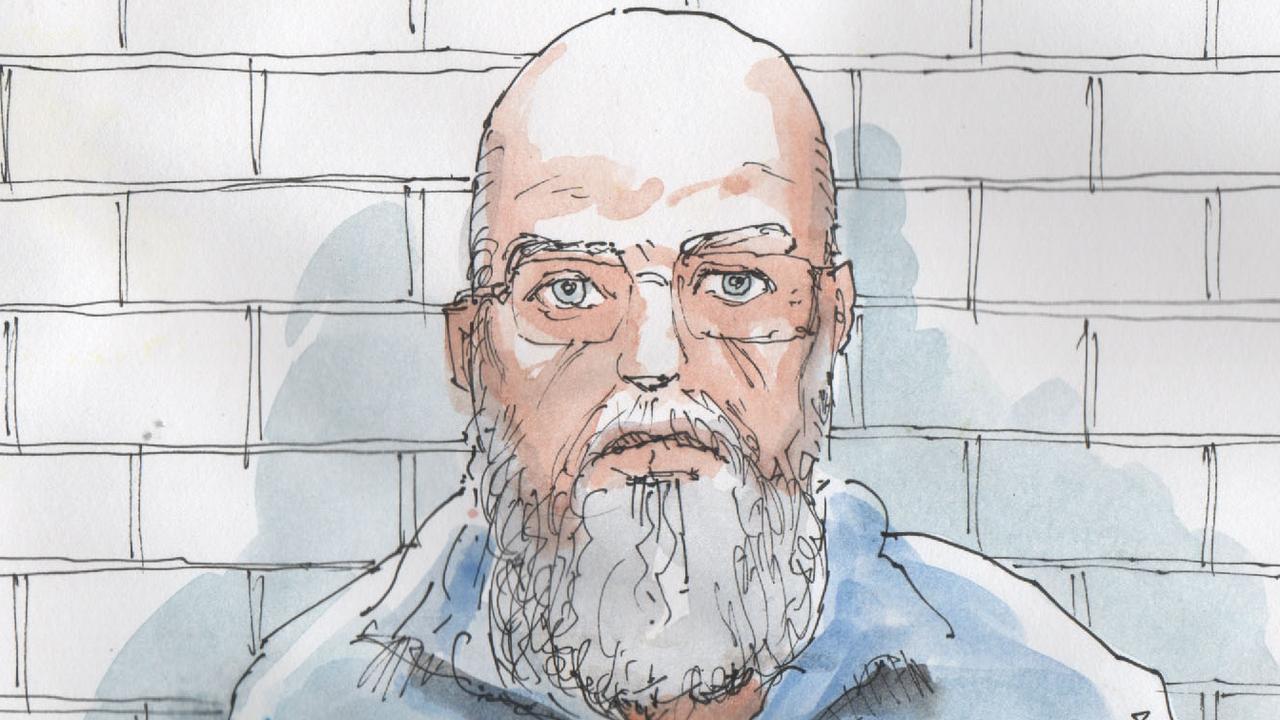Hiller murder: Complicated legal equations don’t add up for angry public
SENTENCING is the hardest task a judge can undertake but there are times when a decision confuses the community and devastates those affected by a violent crime, writes Sean Fewster.

Law and Order
Don't miss out on the headlines from Law and Order. Followed categories will be added to My News.
- Hillier killer gets 10 years jail for each murder victim
- Victims group slams triple murderer’s sentence
OVER the past 16 years, I’ve been told countless times that sentencing is the single hardest task a judge can undertake.
That’s not difficult to see — each case is unique, every offender is an individual and there are complicated matters of legislation and legal precedent to be dealt with.
Yet there are times when a court’s ultimate decision generates confusion within the community and outright devastation for those personally affected by a violent crime.
Steven Graham Peet’s minimum 30-year term, for the inexcusable, incomprehensible and extremely reprehensible Hillier triple murders, is one such decision.
Taken on pure mathematics, the deaths of a young mother and her two children obviously don’t approach the mass carnage that was the “bodies in the barrels” serial killings.
John Justin Bunting and Robert Joe Wagner were jailed for life without parole for committing 11 and 10 murders, respectively.
Predatory killer Mark Errin Rust also lacks a non-parole period for his two murders — but only because he is unwilling to or incapable of controlling his sexual instincts.
And while Peet had more victims than Dieter Pfennig, the former teacher was also a kidnapper and has never revealed the locations of his victims’ bodies.
Taken on pure mathematics, the deaths of a young mother and her two children obviously don’t approach the mass carnage that was the “bodies in the barrels” serial killings
Those differences are easily understood — but when Peet’s crimes are compared to other infamous criminals, questions start to arise.
Both Angelika Gavare and Jean Eric Gassy murdered one victim each, but will serve longer terms than Peet.
The most apt comparison is the state’s other triple murder — the tragic killings of Kapunda family Andrew, Rose and Chantelle Rowe in 2010.
Jason Alexander Downie was 18 when he committed his crimes and, like Peet, tried to claim he was suffering from disassociation.
He will serve at least 35 years for killing two adults and a teenager, while Peet will serve a 30-year minimum.
Justice Blue is one of the state’s top legal minds, and came upon his well-reasoned and thought-out sentence after several months of deliberation.
Yet comparisons like Peet and Downie still fuel public disquiet with the justice system, prompting criticisms like “out of touch” and “failing the pub test”.
Change is needed — but it will come far too late to ease the devastation being felt by Adeline, Amber and Korey’s shattered families.


